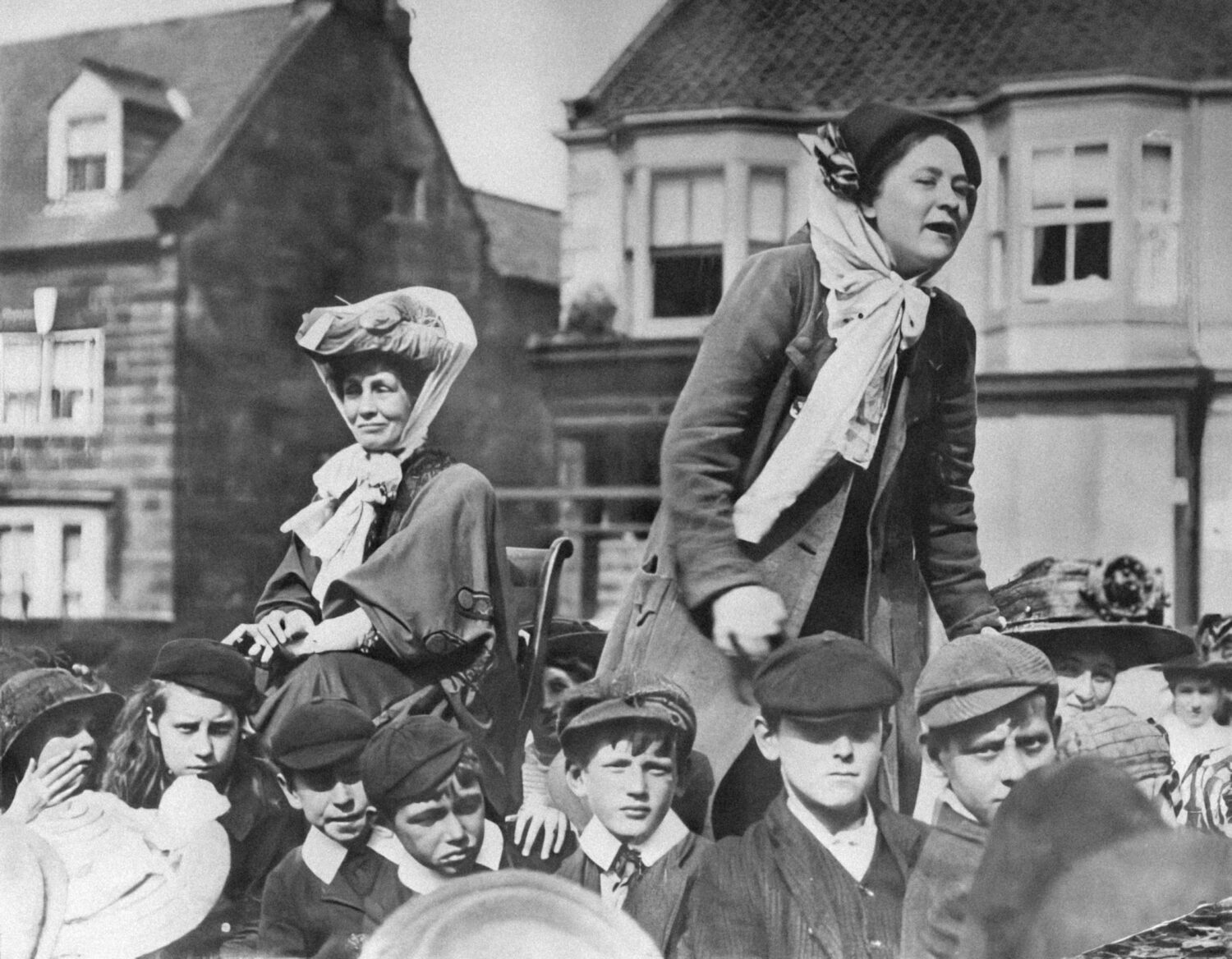Forging ahead
Natalie Wright documents the contributions of early Fabian Edith Morley
Edith Morley, who lived from 1875 to 1964, is one of many figures who in her day made a tangible difference to the world around her, and yet has since fallen into relative obscurity. In more recent years, she has gained some recognition for her most obvious achievement– becoming the first woman to be made a professor of English in England, at the University of Reading in1908 – but Morley’s contributions span far beyond this accolade. More than most literary professors, she was involved in many of the socio-political movements that were transforming Britain in the early twentieth century.
Morley was born in London in 1875 to a wealthy family. She was allowed to attend school –at that time still a rarity for girls of her class – and later university, at King’s College Ladies ‘Department. She was one of the first women to study English language and literature, at a time when women occupied a sort of hinterland in universities, often being able to study but not take exams, or take exams but not gain the same qualifications as men, in premises usually affiliated with, but not members of, the major universities. Going against the grain once again, she starting working: teaching English and German, first ad hoc at King’s and then, in 1901, at the University College in Reading. Several years later, in 1908, Reading began the transition to becoming a university, and made all the heads of departments a professor – except Morley. Upon discovering this, she threatened to resign, and only then was awarded a professorship.
The omission was undoubtedly due to the fact that Morley was the only woman at that level. She explains in her memoir, Looking Before and After (written in the 1940sand published in 2016): “I have always regarded the long struggle about my position and title as my contribution to the battle for fair dealing for women in public and professional life’. It was a battle she never quite won, because the university insisted on making her professor of English language only, so that they could justify appointing a manas professor of English literature alongside her. As Morley was not a language specialist (her major work was on an edited collection by the essayist Henry Crabb Robinson), she tried to explain that her title was inaccurate and effectively demoted her in her own field of literature. Perceiving her as a troublemaker, the university punished her by making her officially subordinate to the new male professor.
Morley’s experiences in the workplace informed her political leanings, which had first been ignited by William Morris’s novel News from Nowhere (1890) and by work in a local women’s settlement while a student. In 1908, joined the Fabian Society and became involved in the newly set up Women’s Group. She explains in her memoir that she was attracted by their emphasis on ‘specific measure of social reform’ and ‘[f]acts […] irrespective of bias’, something she took to heart while editing a publication for them, Women Workers in Seven Professions: A Survey of Their Economic Position (1914). Morley herself contributed a section to the book on women in academia, providing an overview of current university fees and available funding, the number of women employees and current salaries. Her aim, in keeping with the Fabia mission, was to arm women with information so that they could better negotiate pay and better understand their terms of employment. In the book, she lamented that it had been difficult to get women to talk about their finances, but her efforts were recognised as of ‘utmost value’ to the society and she was asked to assist with future research.
Both Morley and the Fabia Women’s Group in general at this time articulated demands beyond those usually associated with the suffrage movement. In a 1914 article, for example, she argued: ‘the vote is but a symbol’ on the basis that it would not directly help lower class women. She argued that a major problem was that women were ‘economically dependent on individual men[…] whatever the intrinsic value of their unpaid work ‘and that therefore ‘the community must compensate ‘women for motherhood. The extent to which her views transcended her class is evident in a 1916 pamphlet she wrote on John Ruskin, who she admired for his belief that ‘social evils went too deep for philanthropic tinkering’. Going beyond tinkering herself for women’s suffrage, Morley participated in collective tax resistance, which led to some of her belongings being sold at auction, and, in 1911, she spent the night ‘marching up and down ‘Aldeburgh beach with Elizabeth Garrett Anderson so that they would not be counted in the census. Morley was still hard at work twenty years later coordinating Reading’s child refugee programme during the second world war, which was particularly noteworthy as she was Jewish. She received an OBE for her work.
Morley was not an especially renowned scholar, but contributed a significant amount to the rapidly-changing world around her. She was deeply affected by the hardships she had witnessed and used her relative privilege to try to help others wherever possible. In her social research, she was galvanised by the Fabian aspiration towards what she called the: “testing and discovery of truth […] as ammunition for speakers and politicians.” While in her professional life, Morley suffered the solitude of being a pioneer, in her political life she embraced collective action and collective purpose.
Image credit: Nationaal Archief via Unsplash
